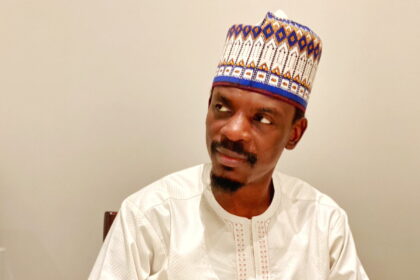Chileans are voting on Sunday in a highly divisive presidential election, forcing citizens to decide whether to continue the country’s current center-left course or make a sharp turn to the right.
The election presents a stark choice between two frontrunners. The governing leftist coalition is backing Jeannette Jara, a 51-year-old candidate from the Communist Party, who recent surveys suggest is in the lead. Her main challenger is Jose Antonio Kast, a 59-year-old from the Republican Party, who has promised “drastic measures” to fight rising crime and deport undocumented immigrants.
The campaign has been dominated by public concern over a sharp increase in gang violence, kidnappings, and extortion. This has awakened major security fears in a nation historically known as one of Latin America’s safest. Kast, who has been called “Chile’s Trump,” has pledged to build walls and trenches on the border with Bolivia. He also issued an ultimatum to 337,000 undocumented immigrants to “self-deport” or be “thrown out” if he wins.
More than 15 million people are registered to vote, and for the first time, voting is mandatory. This change introduces a “wild card” to the race, as the previous election saw more than half of the voters abstain.
Polls suggest that none of the eight candidates will secure an outright majority, which would trigger a run-off election on December 14.
In addition to the presidency, voters are also deciding on the entire 155-member Chamber of Deputies and nearly half of the 50 Senate seats. If the right wing wins majorities in both, it could set the stage for the right to control both the presidency and Congress for the first time since the end of the Augusto Pinochet dictatorship in 1990.







